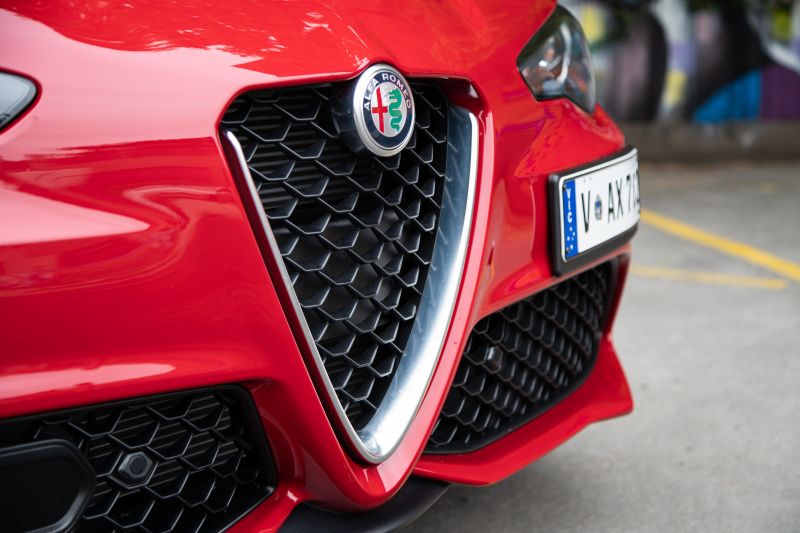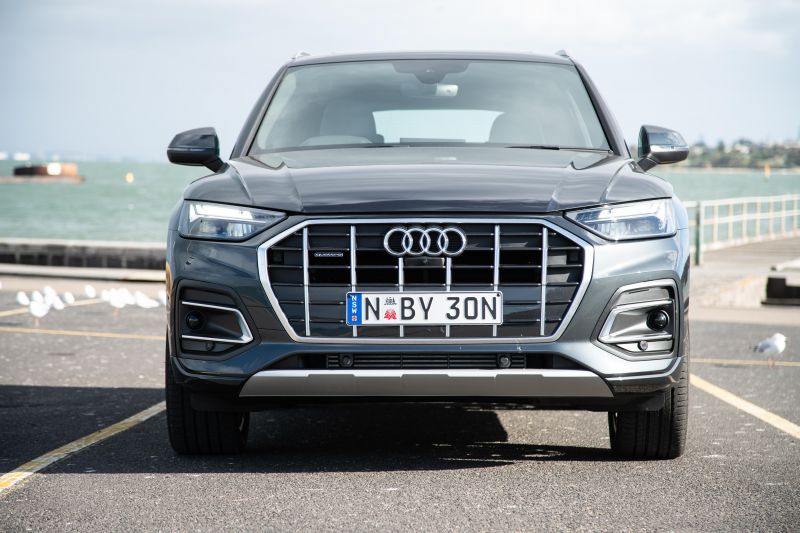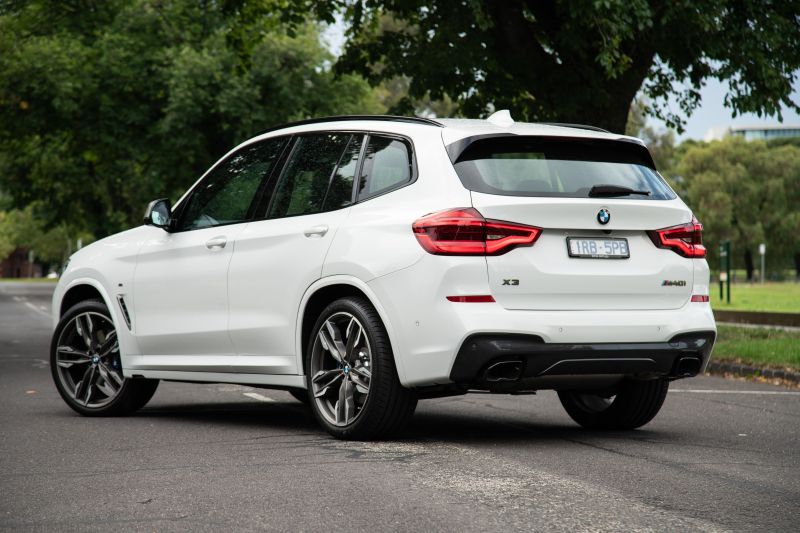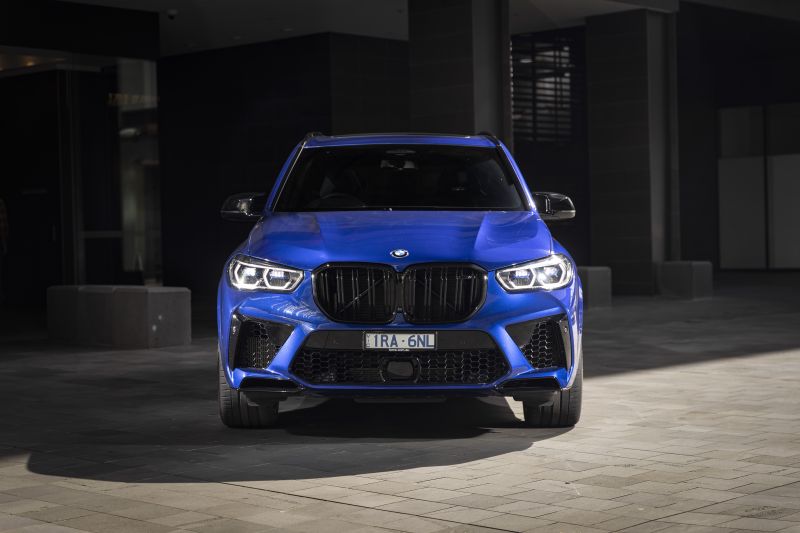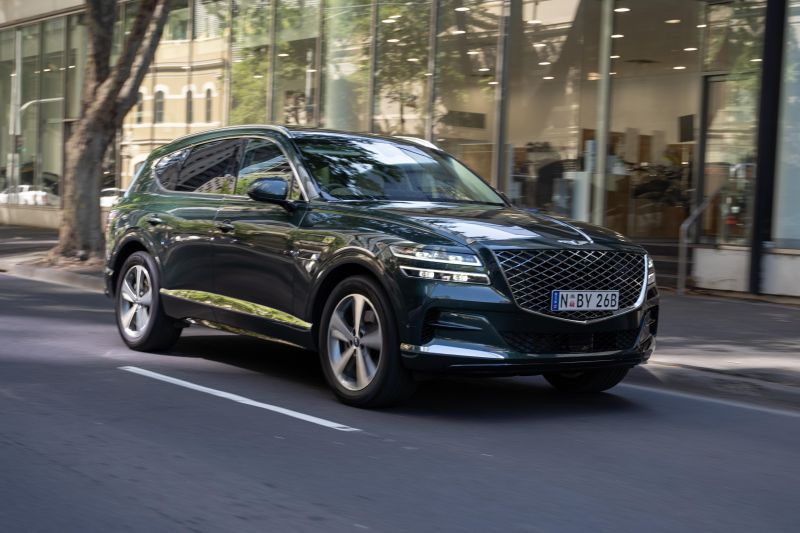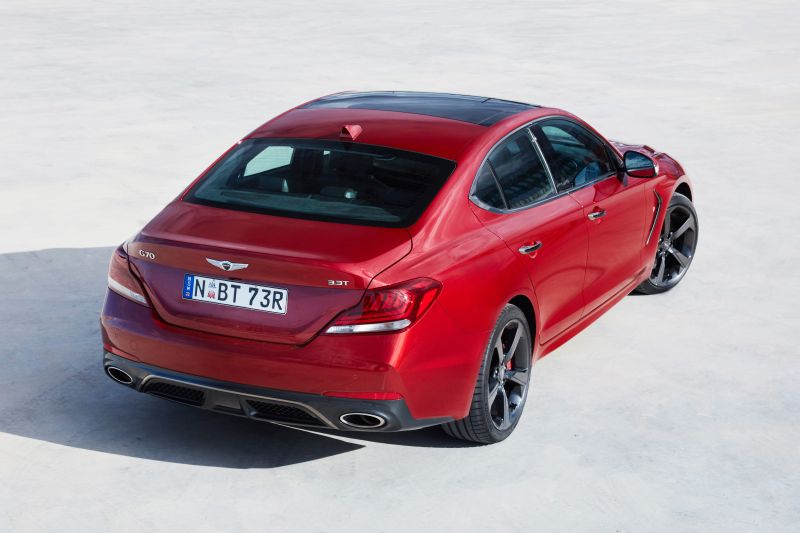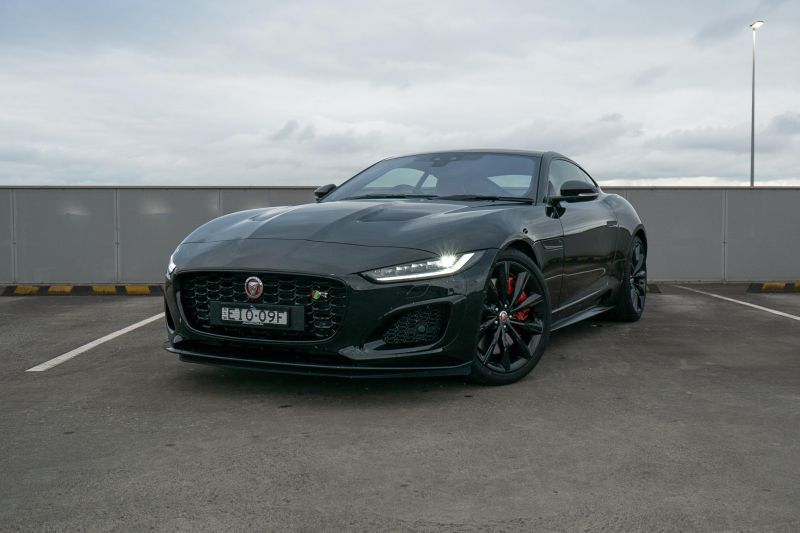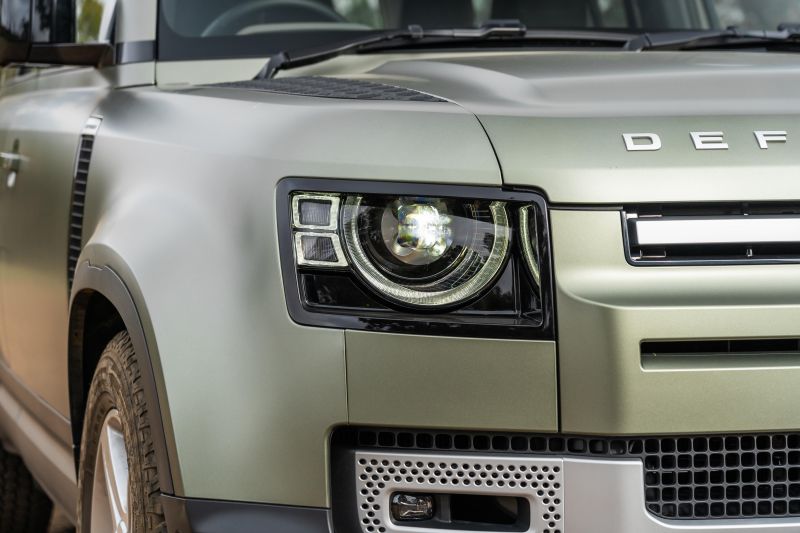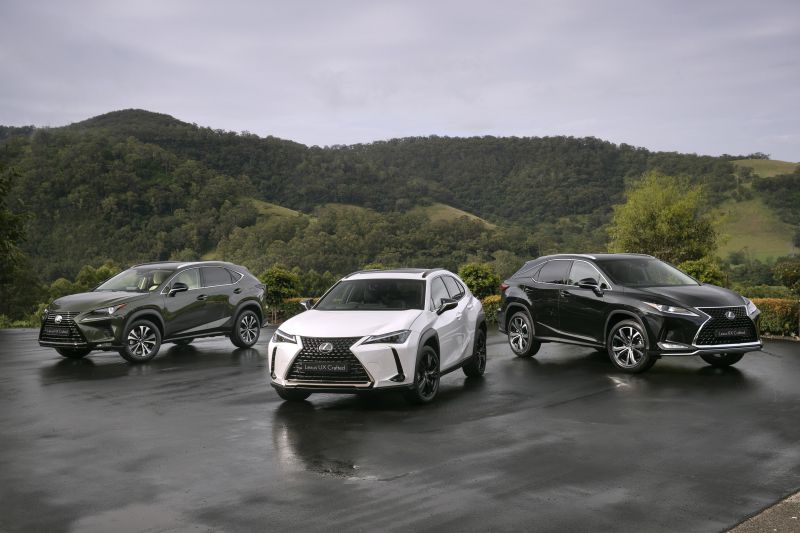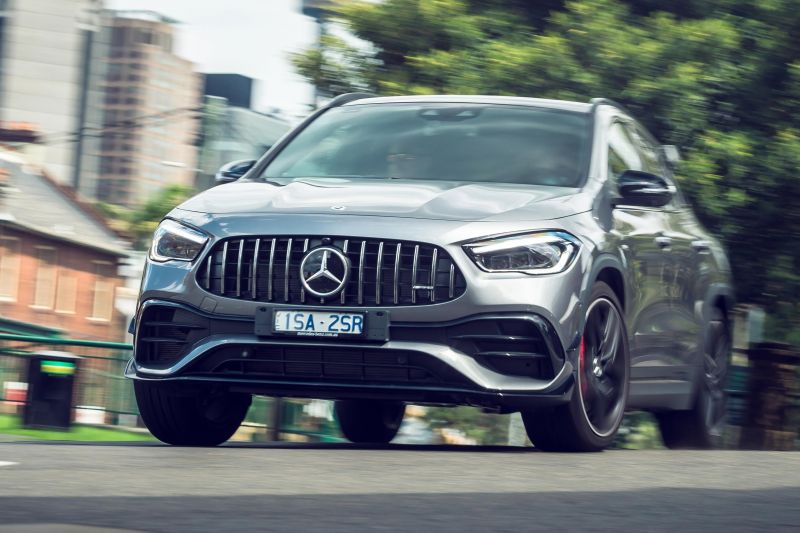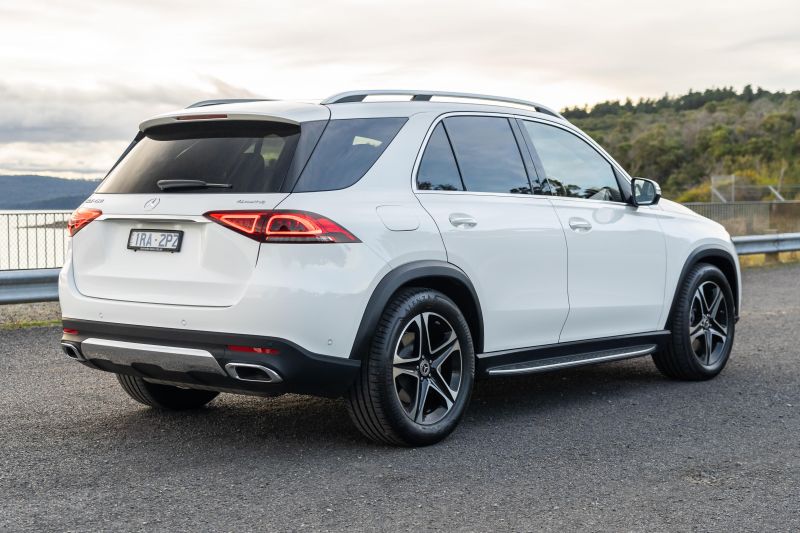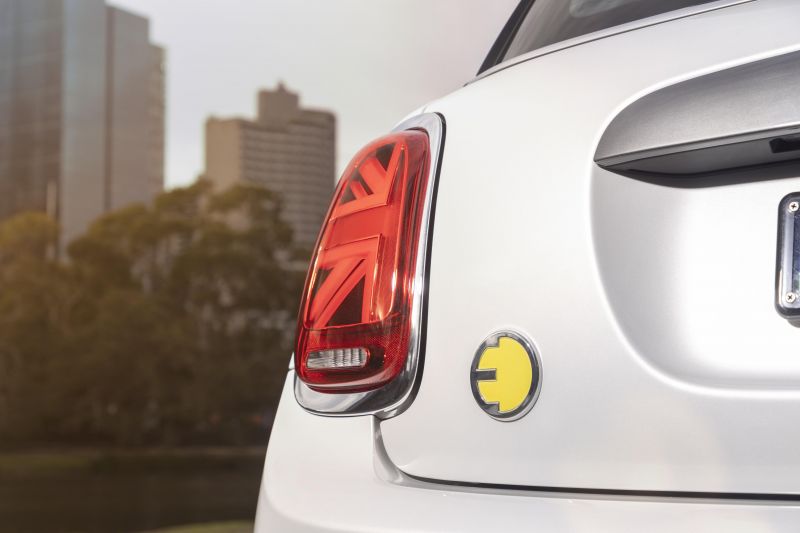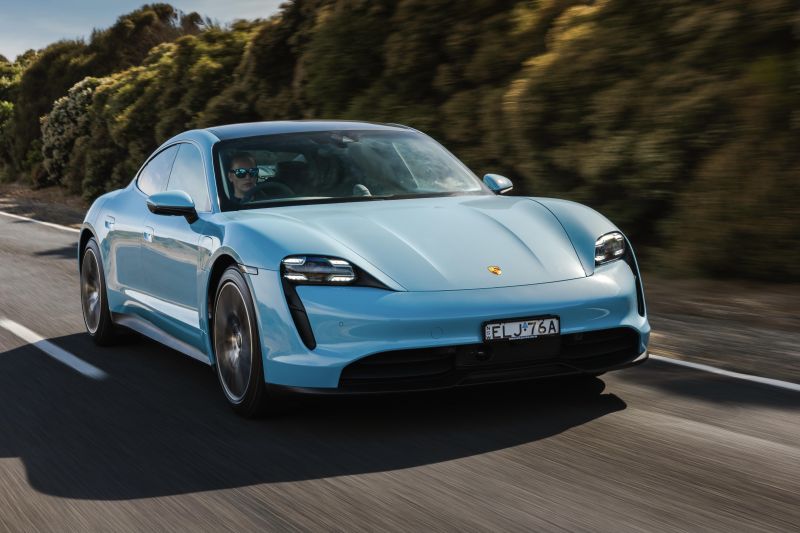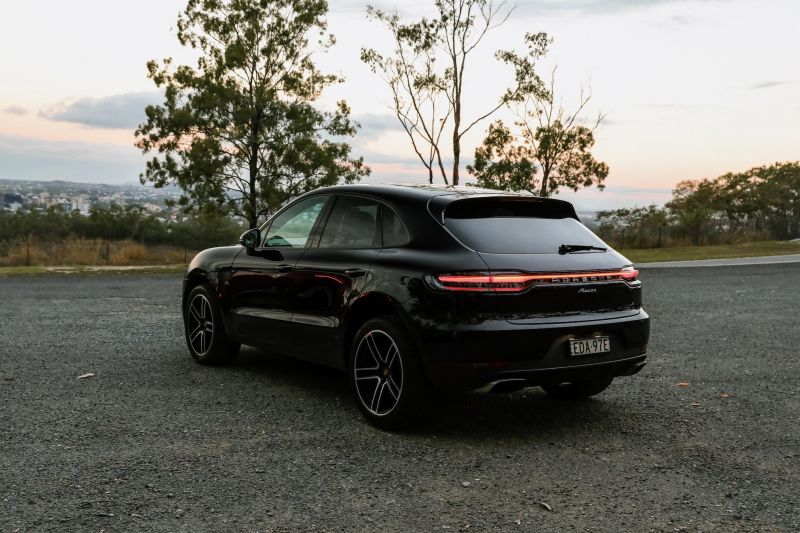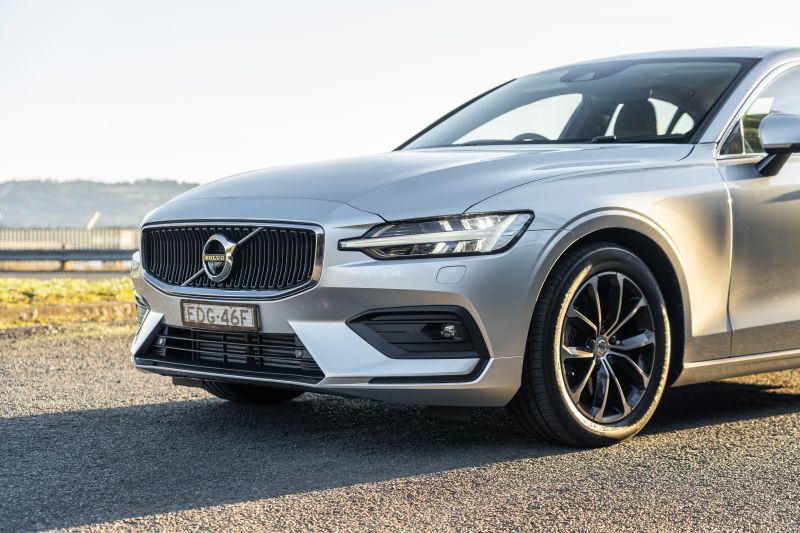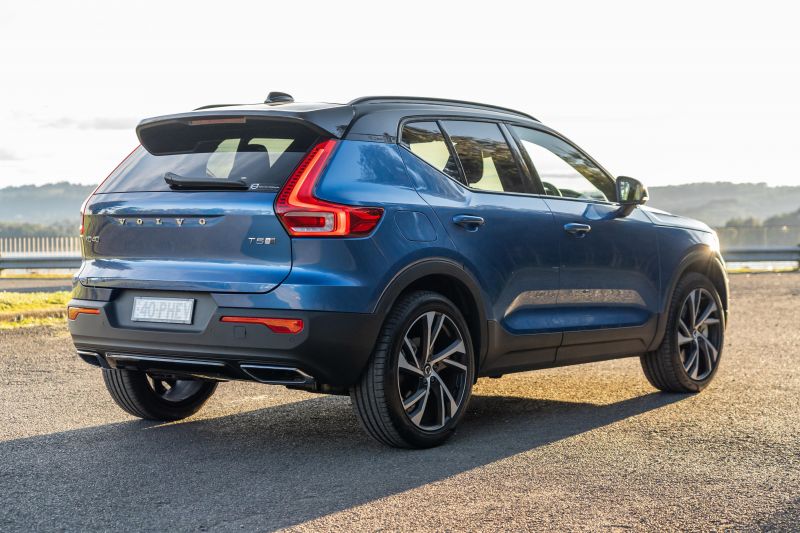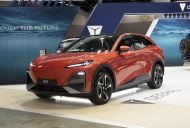The first two months of 2021 have seen a significant sales rebound for the automotive industry, premium brands continue to experience mixed results.
Mercedes-Benz Cars, Volvo Cars, and Porsche headline the winners of February 2021, with upstart Genesis slowly gaining momentum to the point it nearly outsold Alfa Romeo.
However, BMW, Audi, Land Rover, Jaguar and Alfa Romeo all fell – with a range of factors including stock shortages likely to blame.
| Brand | Volume, Feb 21 | % Change |
|---|---|---|
| Mercedes-Benz Cars | 2815 | +5.3 |
| BMW | 1941 | -3.9 |
| Audi | 1181 | -6.0 |
| Volvo Car | 822 | +28.6 |
| Lexus | 765 | +1.2 |
| Land Rover | 608 | -11.8 |
| Porsche | 391 | +7.1 |
| Mini | 277 | +0.7 |
| Jaguar | 80 | -49.7 |
| Alfa Romeo | 31 | -55.1 |
| Genesis | 28 | +460.0 |
Alfa Romeo
It was another below average sales performance from Italy’s luxury marque, which fell to the point it was perilously close to being outsold by Genesis.
All of Alfa Romeo’s model lines were down in February, the worst being the Stelvio SUV (5 units, -82.1 per cent) as the company waits for the updated range to hit our shores later this year.
The refreshed Giulia sedan (17 units, -29.2 per cent) struggled, as did the ageing Giulietta hatch (8 units, -50.0 per cent).
Fiat Chrysler Australia will be itching to get its hands on the all-new Tonale crossover, expected to be revealed later this year ahead of a likely 2021 local introduction, while we’re still yet to see the fruits of FCA’s merger with the PSA Group (Peugeot, Citroen, DS, Opel).
Audi
While Audi declined in a growing market during February, it was mostly down to some volume-selling models now being in runout – a familiar tale for the brand.
The all-new Audi A3 and S3 are due before the end of 2021, and the ageing current model returned just 33 sales (-76.8 per cent) as stock is depleted.
However, the related Q3 crossover remains the brand’s top seller posting 353 sales (+54.8 per cent), and the freshly updated Audi Q5 saw growth of 13.1 per cent to 293 units despite the new SQ5 and coupe-styled Sportback versions still being months away.
The smaller Q2 (86 units, -31.7 per cent) fell slightly as the facelifted version looms (mid-year launch), and the three-row Q7 (141 units, -53.6 per cent) couldn’t match its strong 2020 result.
Incremental volume from the A1 (64 units, +30.6 per cent), A4 (79 units, +113.5 per cent), A5 (14 units, +16.7 per cent), A6 (23 units, +>999 per cent) and Q8 (27 units, +42.1 per cent) helped, but couldn’t offset the losses of volume nameplates.
BMW
A slight decline in February at BMW is down to mixed results from key model lines.
The popular 3 Series sedan managed 124 units, down 55.4 per cent, while the 1 Series hatchback also fell by 12.8 per cent to 239 sales.
However, the top-selling X3 sold 416 units (+21.3 per cent) alongside its X4 twin’s 80 units (-47.4 per cent) for class leadership in the premium medium SUV category, while the 2 Series Gran Coupe cracked triple digits with 148 sales (+74.1 per cent).
The BMW X5 also remained strong last month, with 286 registrations (+60.7 per cent), and the all-new 4 Series Coupe saw growth (52 units, +108 per cent). The X2 grew by 37.0 per cent to 74 units, while the flagship X7 was up by 8.0 per cent to 54 units.
Elsewhere in the range, several models fell slightly. The two-door 2 Series (62 units, -27.1 per cent), 5 Series (62 units, -3.1 per cent), and X6 (40 units, -35.5 per cent) all dropped.
There’s plenty of new models on the way for BMW later this year, including the new 4 Series Convertible, the iX3 electric SUV, the 128ti hot hatch, and the eccentrically-styled iX electric SUV.
We’re also seeing the latest M3 and M4 start to hit Australian showrooms (launch review coming soon), as well as the imminent reveal of the new 4 Series Gran Coupe and i4 electric companion.
Genesis
Albeit off a low base, Korea’s luxury upstart is gathering momentum thanks to its new GV80 large SUV.
With 16 sales in February, the GV80 won’t be challenging for class leadership anytime soon but it’s already outselling both the G70 and G80 sedans combined.
Further, the company plans to launch the more affordable mid-sized GV70 in the coming months, which will likely replace the GV80 as its top seller.
Elsewhere in the range, the soon-to-be facelifted G70 sedan returned nine sales (+200.0 per cent) while the new-generation G80 saw three registrations (+50.0 per cent).
Beyond the launch of its new mid-sized crossover, Genesis will continue its showroom rollout by adding Melbourne and Brisbane studios in the next 12-18 months, and has confirmed the Australian launch of its first electric vehicle before the end of 2021.
Expect the brand to gradually gain traction as its dealer footprint and product portfolio expands.
Jaguar
The Big Cat was down in February as it waits for stock of updated models, affecting basically its entire line-up.
New versions of the E-Pace, F-Pace, I-Pace, XE and XF are on the way, and all of these models were down on last year.
Worst affected were the F-Pace (eight units, -80.5 per cent), XE (six units, -82.4 per cent) and the E-Pace (58 units, -22.7 per cent). The low-volume XF was down by 100.0 per cent to zero units.
Other than the aforementioned model refreshes, there’s not much to expect from Jaguar throughout the rest of 2021.
The brand did, however, unveil its long-term electrification strategy for the mid- and long-term which also spelled the end of the XJ nameplate, for now.
Land Rover and Range Rover
Like its Jaguar stablemate, some of Land Rover’s volume-selling models were down in February as the company awaits updated models – namely the Discovery and Discovery Sport.
Its shining star, however, was the all-new Defender. With 186 registrations, the Defender is currently Land Rover’s top-selling model, knocking the Range Rover Sport off the podium.
Speaking of the RR Sport, it was down 25.8 per cent to 164 units, ahead of the smaller Evoque (146 units, -0.7 per cent).
The Discovery (16 units, -84.8) per cent awaits a model refresh due imminently, same goes for the Discovery Sport (38 units, -71.4 per cent). CarExpert understands factory closures caused by COVID lockdowns overseas aren’t helping.
Range Rover’s Velar (25 units, -54.5 per cent) was also down in February, though the flagship Range Rover was up by 54.2 per cent to 32 units (albeit, off a low base).
Lexus
Japan’s finest held strong in February despite several models posting declines.
Growth of 1.2 per cent in February came on the back of strong performances from the new IS sedan (147 units, +182.7 per cent) and UX compact crossover (139 units, +20.9 per cent), though its usually strong-selling SUV range fell slightly.
Following a few months of segment-leading sales, the Lexus NX mid-size crossover fell 12.1 per cent to 246 monthly sales, while the larger RX range slid 31.0 per cent to 118 per cent.
The ES large sedan was up 11.8 per cent to 57 units, but then just about every other line was down in February.
Lexus hasn’t got any major launches confirmed later this year bar the all-electric UX300e around November.
We have, however, seen leaked images of the all-new NX which should move to the new TNGA platform and be revealed in the coming months ahead of a late-2021 or early-2022 launch.
Mercedes-Benz
Australia’s favourite luxury brand held strong in February, posting a 5.3 per cent increase in sales off the back of solid runs by its SUV range.
The new GLA returned 372 sales (+44.7 per cent) to nab segment leadership last month, just ahead of the Audi Q3 (353 units) and Volvo XC40 (334 units).
In its first year on sale, the seven-seat GLB is posting strong results as well. With 283 sales in February, the three-row crossover was within touching distance of the Audi Q5 (293 units) and beat the Lexus NX (246 units) and Porsche Macan (211 units).
The popular GLC was down by 33.7 per cent and 42.0 per cent in wagon and coupe guise respectively, though still maintained second place behind the BMW X3/X4.
It was a great month for the GLE Coupe, which saw growth of more than 999 per cent to 106 units, though this time last year the model line was between generations. The GLE wagon was down by 10.2 per cent to 263 units – together, the GLE line took class leadership in the Large SUV category.
Finally, the G-Class saw good growth (off a low base) to 73 units, ahead of the GLS flagship with 51 units (-37.8 per cent).
As for the passenger car line-up, the B-Class (61 units, +35.6 per cent), C-Class (343 units, +23.4 per cent), CLA (74 units, +68.2 per cent), E-Class (99 units, +43.5 per cent) and EQC (36 units, +>999 per cent) all posted growth, though the popular A-Class (421 units, -37.4 per cent) fell off a bit after a great run in 2020.
The three-pointed star has plenty going on in 2021, with an all-new C-Class and S-Class touching down later in the year, as well as an additional G400d diesel variant for its iconic off-roader range.
Mercedes-Benz will also launch the GLA-based EQA around mid-2021, an updated CLS during the fourth quarter, and new performance models like the AMG E53 and GLE63 S touching down in the coming months.
Mini
BMW’s retro city cars held strong in February, posting minimal 0.7 per cent growth.
The Convertible (20 units, +42.9 per cent), Clubman (50 units, +72.4 per cent) and Hatch (140 units, +7.7 per cent) all grew last month, though the Countryman crossover fell by 34.3 per cent to 67 units.
It meant the Mini Hatch continued its run as the premium light passenger sales leader, commanding a massive 67.0 per cent of that market.
A range of special-edition models have been announced recently, and we’re expecting the facelifted Hatch to hit local showrooms during the second half of 2021.
Porsche
Porsche experienced decent growth in February, returning 391 sales (+7.1 per cent).
This was mostly driven by the first deliveries of the all-new and all-electric Taycan four-door, which added 51 units.
Sales of the Macan crossover were strong last month, with 211 sales representing growth of 34.4 per cent. However, the large Cayenne Wagon and Coupe fell by 55.3 per cent and 26.7 per cent to 42 units and 33 units respectively.
The 911 sports car almost halved to 23 units (-45.2 per cent), while the 718 Boxster (13 units, +30.0 per cent) and 718 Cayman (13 units, -13.3 per cent) were relatively stable.
Finally, the flagship Panamera limousine was up 150.0 per cent in February, though admittedly off a low base to 5 units.
Porsche has a few new models on the way over the coming 12 months, including the all-new 911 GT3 and the Taycan Cross Turismo wagon. Expect the backlog of first Taycan orders to bolster the marque’s sales throughout 2021 as well.
Volvo Car
Volvo is on the way up, posting growth of 11.8 per cent in February to an impressive 822 units.
It was all about the brand’s SUVs last month, will all XC lines up by double-digit points, while its passenger car range floundered.
The XC60 was the best-seller for Volvo in February, returning 340 sales (+23.2 per cent), while the compact XC40 grew by 48.4 per cent to 334 units.
Volvo’s XC90 flagship also had a good month, with 147 sales representing growth of 51.5 per cent compared to February 2020.
Elsewhere in the range, the now-discontinued V60 and V90 Cross Country wagons fell to zero, while the S60 sedan only managed 1 sale (-92.9 per cent).
Well, the V60 technically hasn’t been discontinued yet. The V60 Cross Country high-riding wagon will replace it in the second half of 2021.
Later in the year, Volvo Car Australia will also launch its first electric vehicle in the XC40 Recharge EV.
Due in the second half of 2021, the XC40 Recharge EV will feature the same 300kW/660Nm dual-motor electric drivetrain as the related Polestar 2, which is also due to hit Australian showrooms in the next 12-18 months and relaunch Polestar as a standalone brand Down Under.
While the Chinese-owned Swedish brand is yet to confirm any other major launches for 2021, we’re expecting minor updates for the 60 Series (S60, V60, XC60) models soon.

